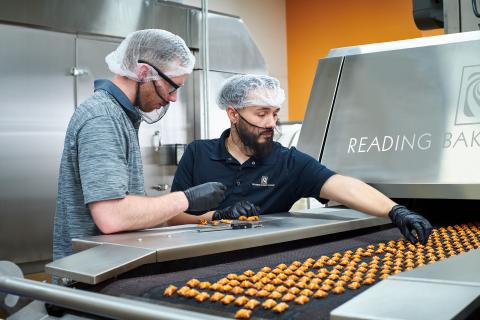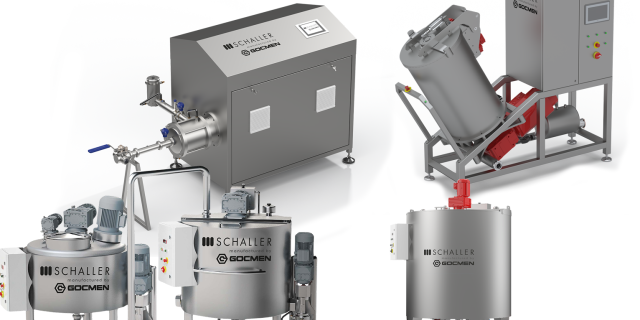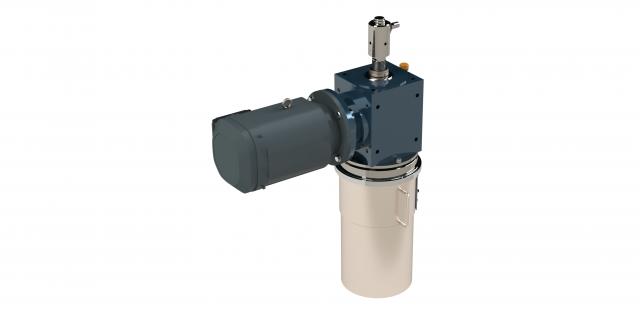
Plant-based Boost for Baked Goods

The Biscuit People Academy is expanding its global reach by offering world-class technical courses specifically for Spanish-speaking industry professi...

RBS hosts its first Pretzel Training Seminar on February 3-4, 2026, offering hands-on learning on ingredient selection, mixing, baking, and optimizati...

No ano passado, a comunidade Biscuit People embarcou em uma jornada incrível da Croácia para Curitiba, Brasil. Este ano, dobramos a aposta na energia...











